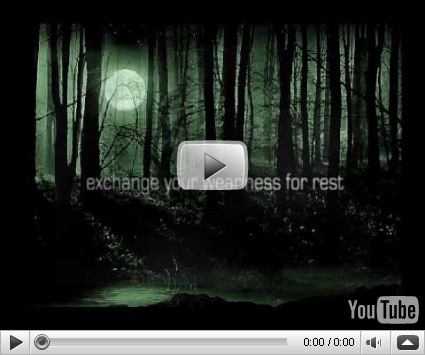Flipping Theodicy Sans Pangloss
Jim Anderson considers my turning the Theodicy question around. He suggests that this, in essence, means this is the “best of all possible worlds.” Now I suppose that could be a charge put to an omnipotent Good God, that is if this is not a Panglossian utopia … why not? But my claim in flipping theodicy was weaker than that. Let me try to isolate more abstractly (or succinctly) the question I had posed.
- God wishes the love of his creatures. Love cannot be coerced his creatures must be free willed.
- Following Kass’ arguments in The Beginning of Wisdom: Reading Genesis from Genesis 1, creation is (and should therefore be) reasonable, that its workings comprehensible to rational creatures.
So, we have a rationally understandable universe in which creatures within it can do evil things if they choose. The ‘trap’ here for your omnipotent God wanting to prevent evil is the brute force approach is unworkable. That is if somehow an evil person, say SW (Snidely Whiplash), is prevented by deus ex machina or Rube Goldbergian coincidence every time he attempts acts of gratuitous violence they fail that this will make it impossible for a rational person to reject God.
Mr Anderson brings 6 points to bear.
- His first point is one of imagination. He cannot imagine a rational universe with free willed actors without evil. He asks if his failure of imagination “imagine a world you can’t imagine” is a problem.
- A “rigorously logical attempt will be confounded by the Butterfly Effect” … is an objection I don’t understand.
- Point three (that there might be too much gratuitous evil in the world) argues that this is likely not the “best of all possible words”, a point I am not defending.
- Point four reflects on point 3.
- His fifth point is incomplete, considering that an “inversion of the Ontological Argument” might be necessary when considering the inversion of the Theodicy problem.
- Is a self-directed ad hominem. That is, the evil in the world reflects really really poorly on us men and if it is indeed necessary it is callous to think that men have been, perhaps, constructed so that we were more naturally nice fellows.
This last point offers perhaps a clue as to where we might find a better universe, that is one populated by men less inclined to do evil?
The comments in his post trend toward mathematical thinking and I’ll offer one mathematical comparison. A school of mathematics is not happy with the method of proof by contradiction. A proof by contradiction demonstrates a fact not by construction but by demonstrating that a thing is impossible without really pointing to exactly why, i.e., by demonstrating that implications of a thing lead to a contradiction.
This “turnaround” of theodicy is perhaps similar, in that it suggests that assuming the opposite that is that a better universe is possible leads to a problem, that is our constructions of better universes have inherent contradictions, i.e., SW is magically ineffective.


.jpg)





